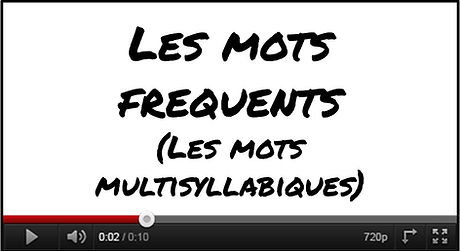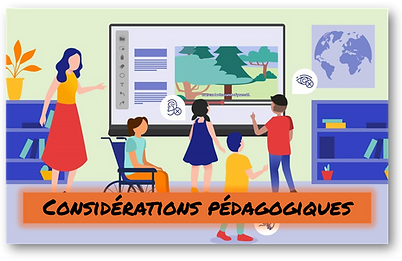EARLY LITERACY PROFILE (ELP)
HIGH FREQUENCY WORDS
High-frequency words are foundational to fluency in both emergent and early reading and writing phases. These commonly used words appear frequently in text, making their rapid recognition essential for young readers. Mastering high-frequency words enables students to focus less on decoding individual words and more on understanding the meaning of the text they read.
Immediate recognition of high-frequency words relies on building strong word recognition skills. Word recognition involves the automatic retrieval of words from lexical memory — a process distinct from understanding the meaning of words. This skill includes recognizing environmental print, familiar names, and other words that are personally significant to children. Words that a learner can automatically retrieve from memory, without needing to decode, are called sight words.
Why is rapid recognition of high-frequency words so critical for emerging and early readers? Proficient readers automatically recognize 99% of the printed words they encounter, freeing up cognitive resources for comprehension. High-frequency words, often called "glue words," are crucial to sentence structure but can be challenging for early readers due to their irregular spellings. Memorizing these words is essential because they are difficult to decode phonetically.
High Frequency Words assessments in the Early Literacy Profile / Profil de la littératie
ASSESSMENT PROCEDURE
Instructional video on how to administer the high frequency words assessments of the ELP.
Procedure: Highlight the words that the child can read within 2-3 seconds. If the child can read all the words in List 1 continue to List 2. Once a child has mastered all the words in a list then move to the next list.

.png)

.png)
.png)
%20(with%20greyed%20out%20silent%20consonants).png)
%20(with%20orthographic%20mapping%20indicators).png)




